It’s getting to the point where it’s no longer even debatable as to what types of games are offering the most types of innovation these days. The big budget triple-A gaming franchises of the world just aren’t getting the job done in that department. Whether it be the drawn-out life-cycle of current-gen consoles, or just a lack of leadership pushing these multi-million dollar franchises to take risks, in many ways the biggest games are becoming stagnant in their need to please the masses. Thankfully, we’re still getting amazing, ground-breaking games from independent developers. We’ve seen some very well-received indie games over the past few years. Some have caught on with mainstream gamers, some haven’t, but there’s been no shortage of great games for gamers who venture off of the beaten path. One of these gems was recently released at the end of June, with Cellar Door Games’ Rogue Legacy. Rogue Legacy at its most basic could be described as a Metroidvania x roguelike platforming adventure. But before you go off getting the wrong impression, there are many qualities about Rogue Legacy that make it one of the most engaging, imaginative, and impressive platformers of 2013.
At first glance, Rogue Legacy is exactly what you think it is. The game certainly plays the part of a platforming adventure title that you have likely played before. It’s exterior is one that is fairly unimpressive. Seeing that it’s not 1993, the sights and sounds of Rogue Legacy won’t have you praising its amazing aesthetic. However, dig just past this shallow crust, and you’ll find a game that is as ridiculously hard as Super Meat Boy or Dark Souls is. You’ll find an RPG-like game that has you carefully plotting out your progression path and abilties for your best chances of survival. But you’ll also find these roguelike elements and where the “Legacy” of Rogue Legacy comes into play.
Yes, the very core of Rogue Legacy is a platformer. It’s a game that has you journeying from room to room in a castle and surrounding areas in search of items and powerups to make your difficult journey more manageable. It’s got the boss battles, mini-bosses, treasure chests, mini-games, teleporters, room challenges, and elements that you’ve likely come to expect in a Metroidvania type game, as well as some of its own. The kicker in Rogue Legacy is that you only get one life to make this journey, roguelike players will be in familiar territory here. Any single journey into the world of Rogue Legacy is one that can only be taken once, at least by your current character. Once you meet death, the journey at hand will now be up to one of your descendants. Your next journey into this randomly generated castle must be done with a randomly generated genetic decendent of the previous adventurer. These new characters all have varying attributes. They can be extremely powerful in some areas and handicapped in others. These genetic effects feature things like color-blindness, near and farsightedness, Gigantism and dwarfism for large and small characters, and a number of other less noticeable attributes. These handicaps make things change for the player on-screen. For the color-blind player, the game is played in black and white. For the far-sighted, a portion of the screen is blurred. Each distinct trait has an on-screen effect that livens things up. These handicaps are usually balanced with strengths. So, your character might be color-blind, but really powerful, or really good at finding treasure..etc. There are also more practical elements dwarfs and giants each have their benefits, especially in traversing hard to reach areas. The end result is a gameplay that is varied in each successive playthrough, making forward progress in Rogue Legacy an interesting and engaging process of improvement and dealing with any genetic shortcomings that your next character might have.
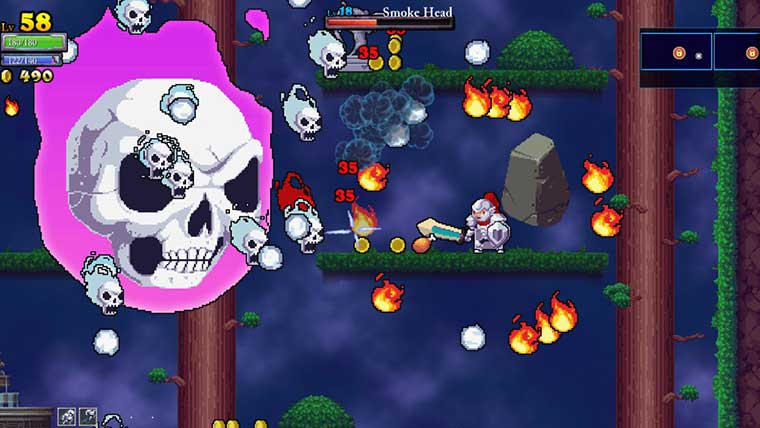
This genetic respawn system is almost enough to keep you clicking back in for another castle run time after time, but the real tie that binds is the overarching progression system of the game. Without it, you won’t get very far because Rogue Legacy is a pretty difficult game. You’re just not going to breeze through it in its entirety without a bit of grinding. This entails you scouring the castle for gold, powerups and equipment blueprints to build better gear for your character. The good news is that all the gear and gold you find are passed down to your descendant. So while the character may never be used again, their legacy lives on and the fruits of their labor will hopefully aid you in your next journey. Though there are stipulations to this as well. All gold must be used after every life. You can perform a number of different actions with this gold. It can be used to buy permanent power-ups or stat buffs for your character, you can expand your magical capabilities, and there’s a massive skill tree to unlock. One thing is relatively constant, you lose all of your unspent gold each turn.
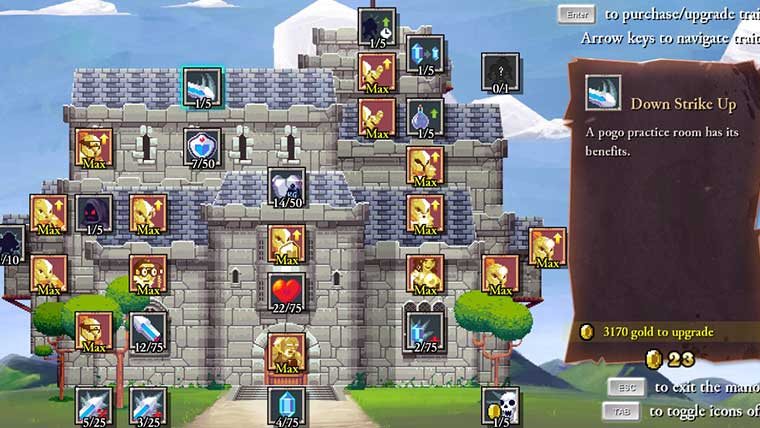
If the mechanic sounds grindy, that’s because it is. But, it also keeps the game progressing very nicely. If you play smartly, you’ll outgrow levels in the game due to your progression. Then it becomes more of a pure platforming game that will rely on your proficiency with the game’s controls and your use of your acquired skills. You’ll be tested regularly in Rogue Legacy, whether its a randomly generated run that gives you both a character that you don’t like and a castle that doesn’t play to your strengths, or just the challenge of needing to collect enough gold to actually buy something for your descendant. There are new challenges to be had at each new life. Pushing deeper and deeper into the castle with every generation is a rewarding mechanic if it’s played right, but can be somewhat frustrating in some of the in-between stages where upgrades are costly, and earning enough cash becomes a more difficult challenge to make worthwhile progression.
While Rogue Legacy is certainly innovative in the way that it handles its generational progression system and randomly generated characters and worlds, its not nearly as artful as other indie darlings. While its a fully capable game in the way it looks, feels, and sounds, it just doesn’t have that brilliant art/sound design to make it really stand out to those looking for a pretty face. It definitely doesn’t take away from the gameplay once it’s got its hook set, but that hook isn’t a sure thing. Given ridiculous difficulty spikes in Rogue Legacy, it’s going to really hit home with a very specific type of player. A player that can stand to have wasted a small chunk of their existence on a playthough that provided them with absolutely nothing that went towards their forward progress in the game. This happens a lot in Rogue Legacy. There are many generations where you just don’t get anything done. You make no progress towards your overall goal, and that can be off putting for those that want more than just sheer challenge. It’s also somewhat of a detractor that there is little if any actual story to be told in Rogue Legacy. What bits that are divulged in the game are only there through the discovery of journal entries, and they offer only a tinge of color for invested players.


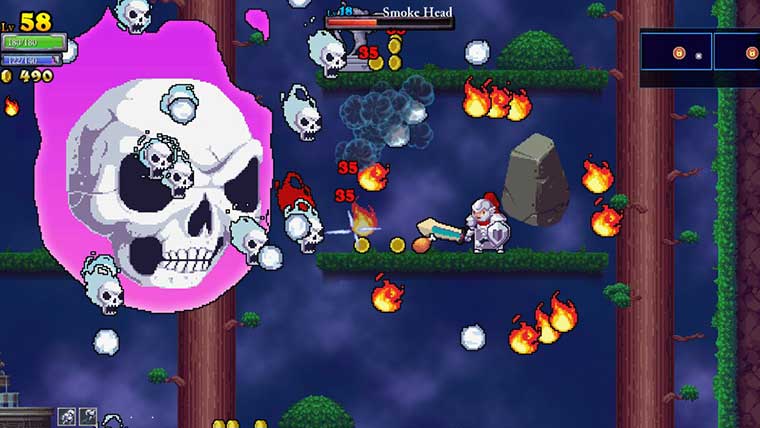
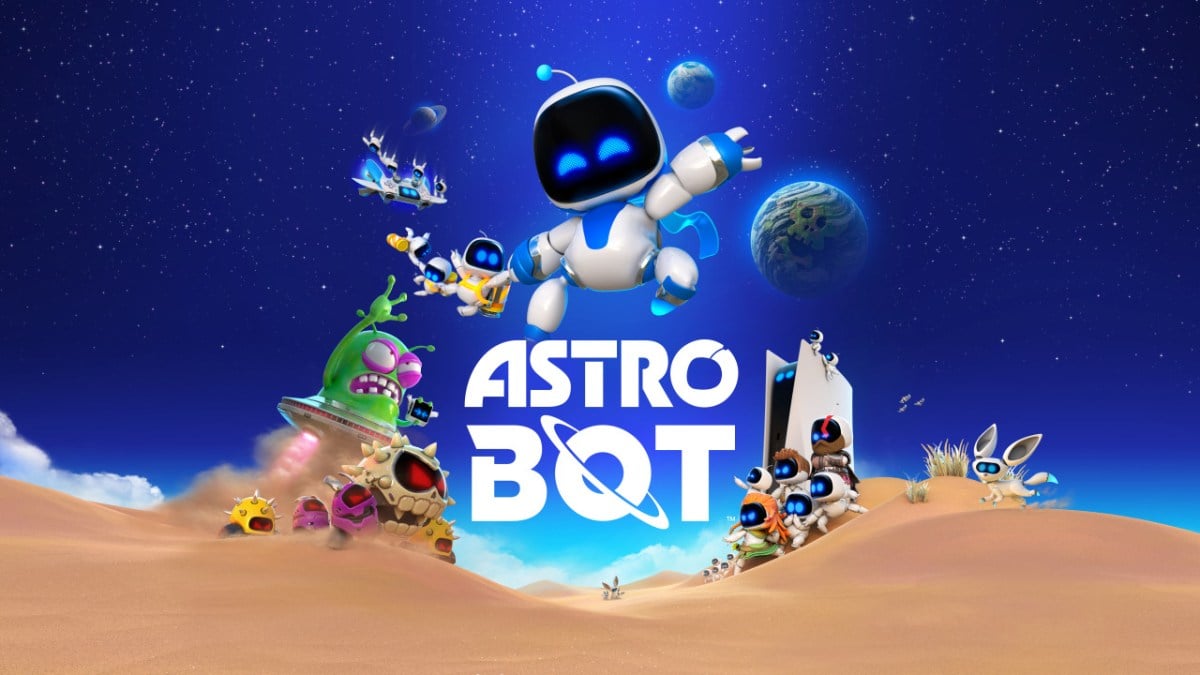
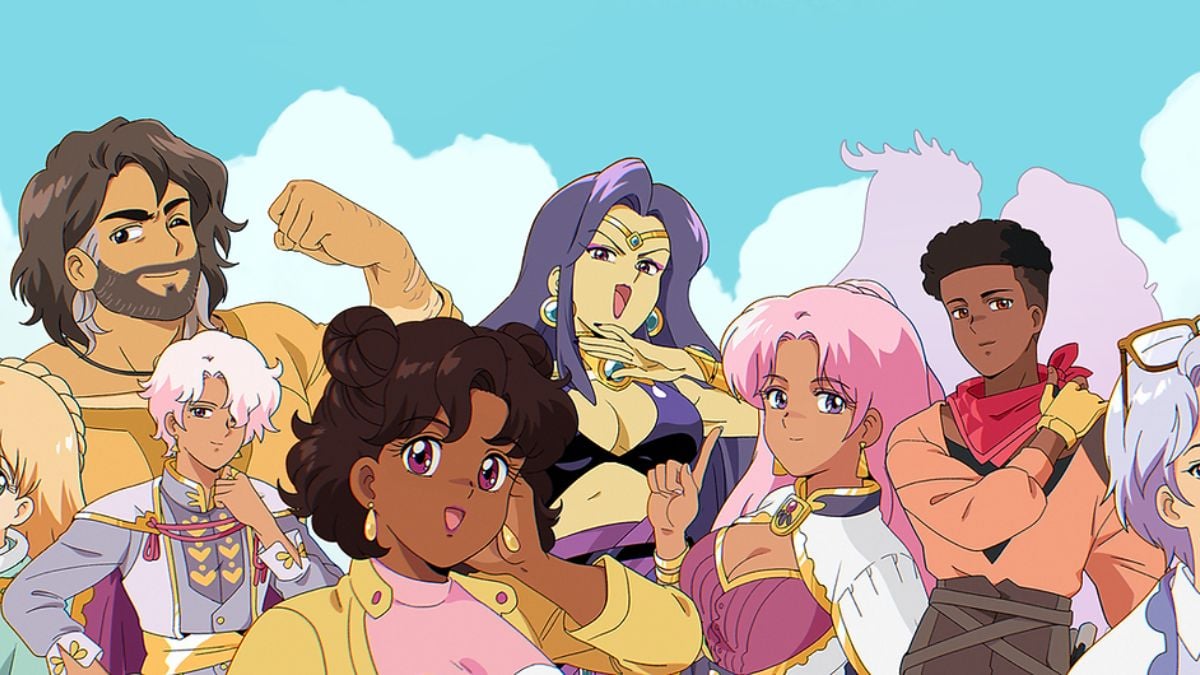
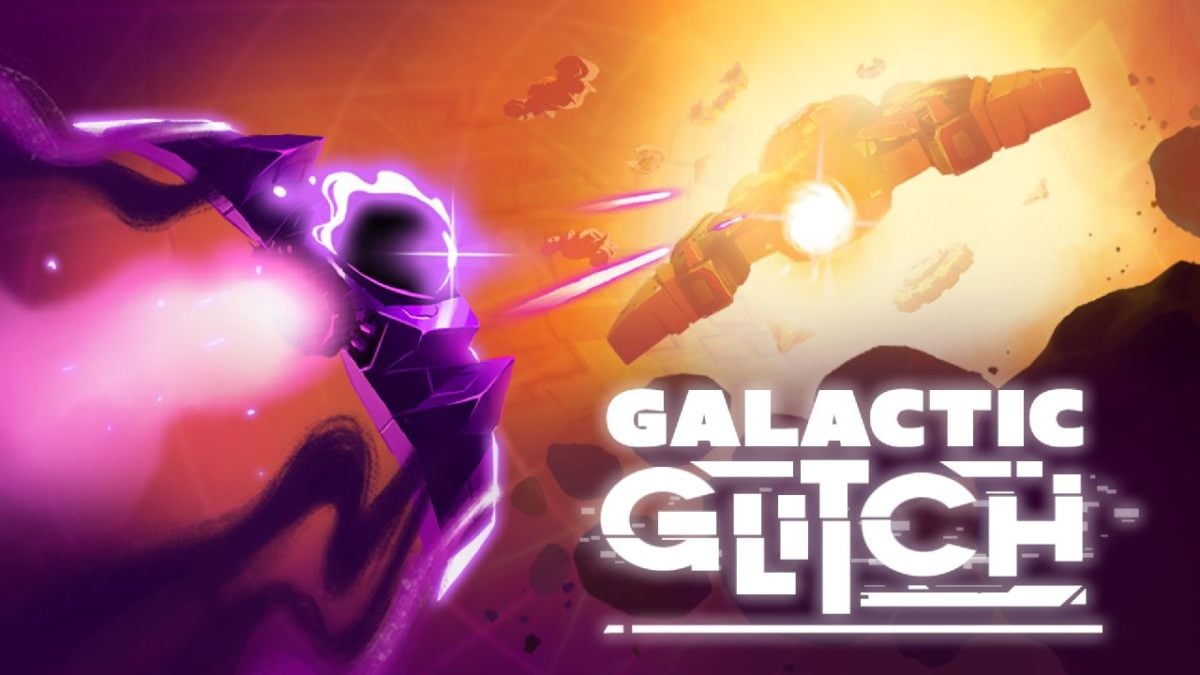
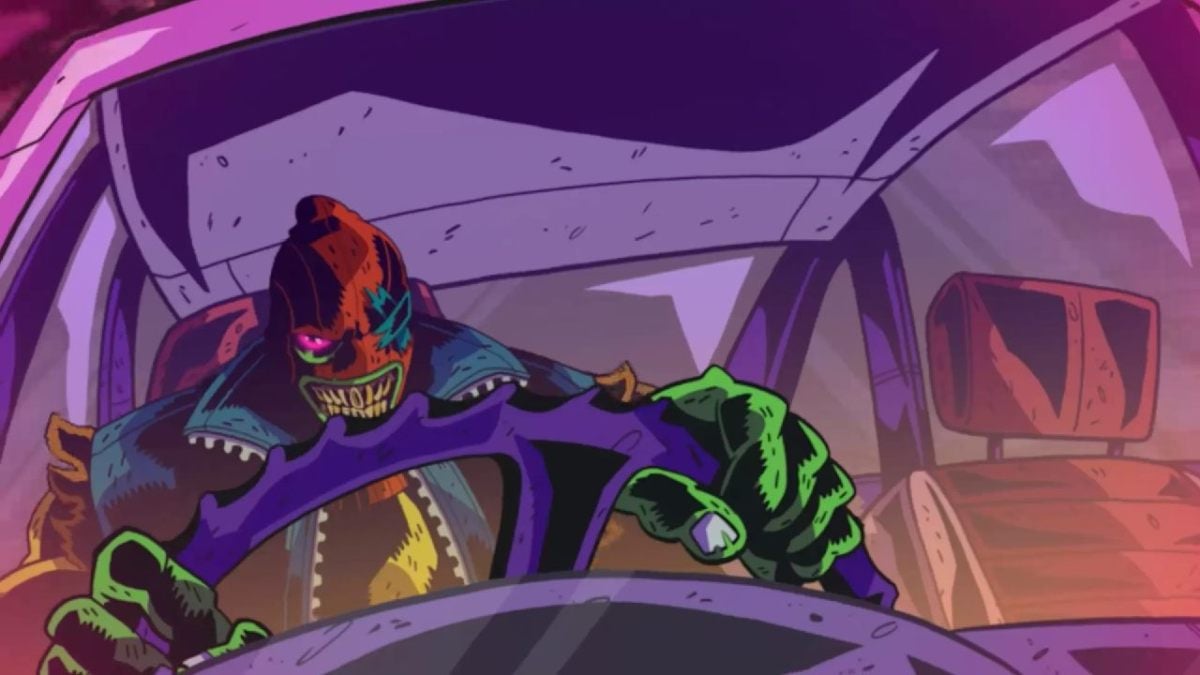
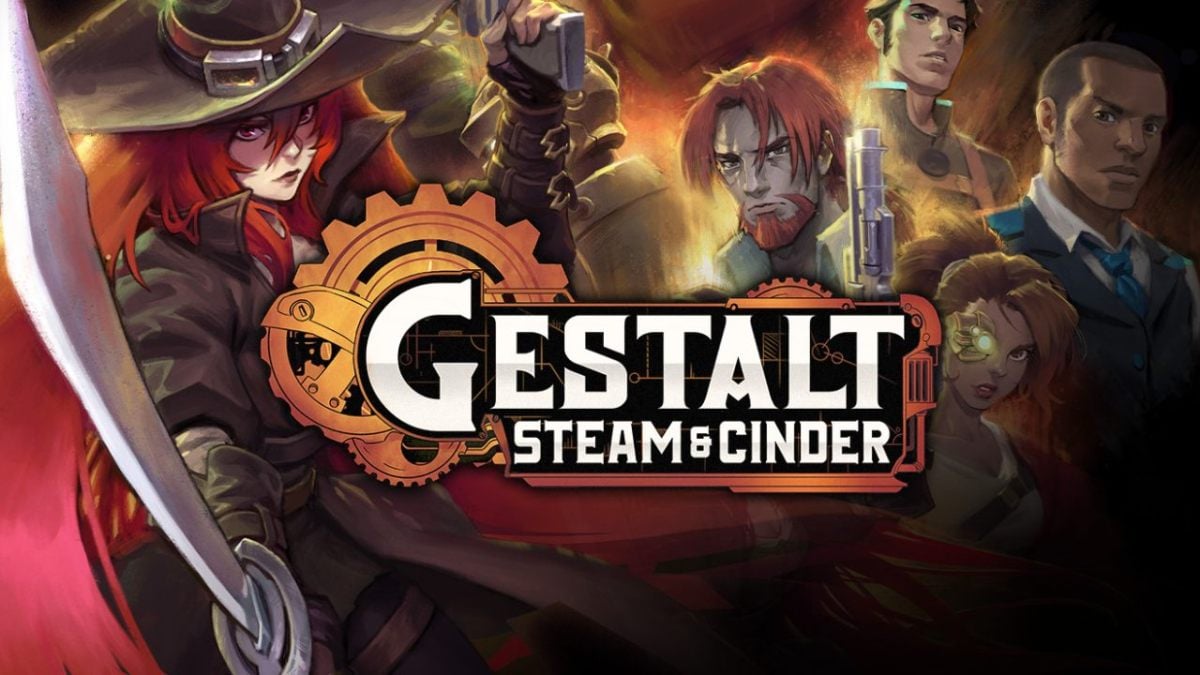
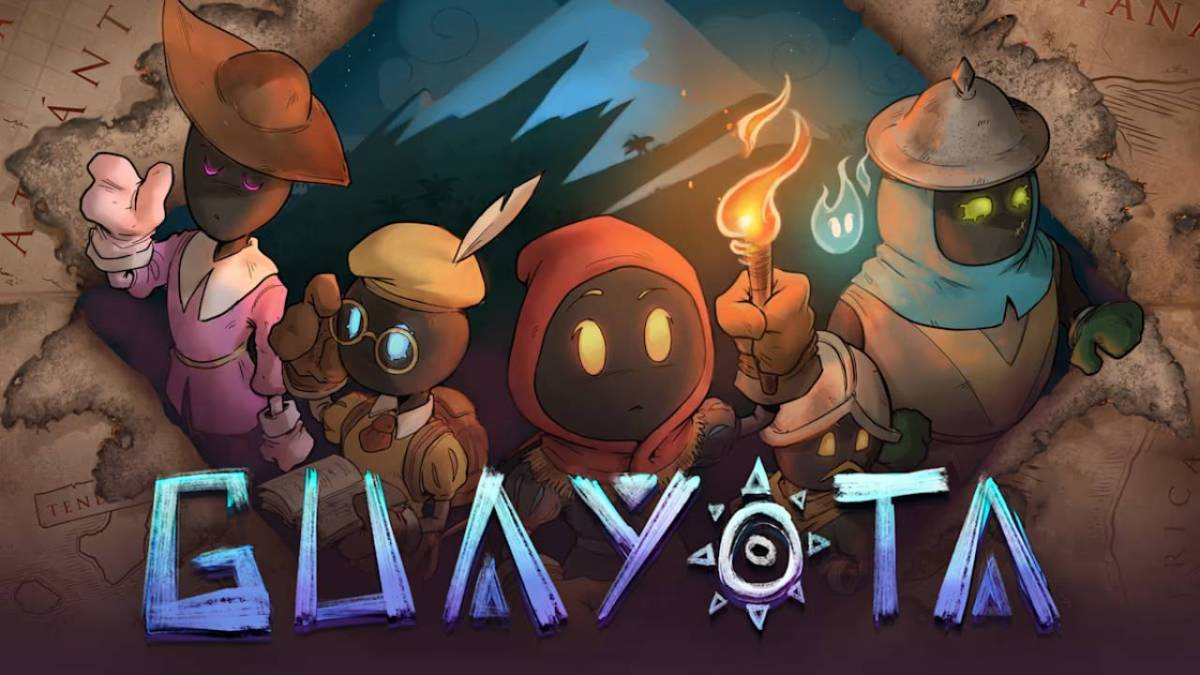
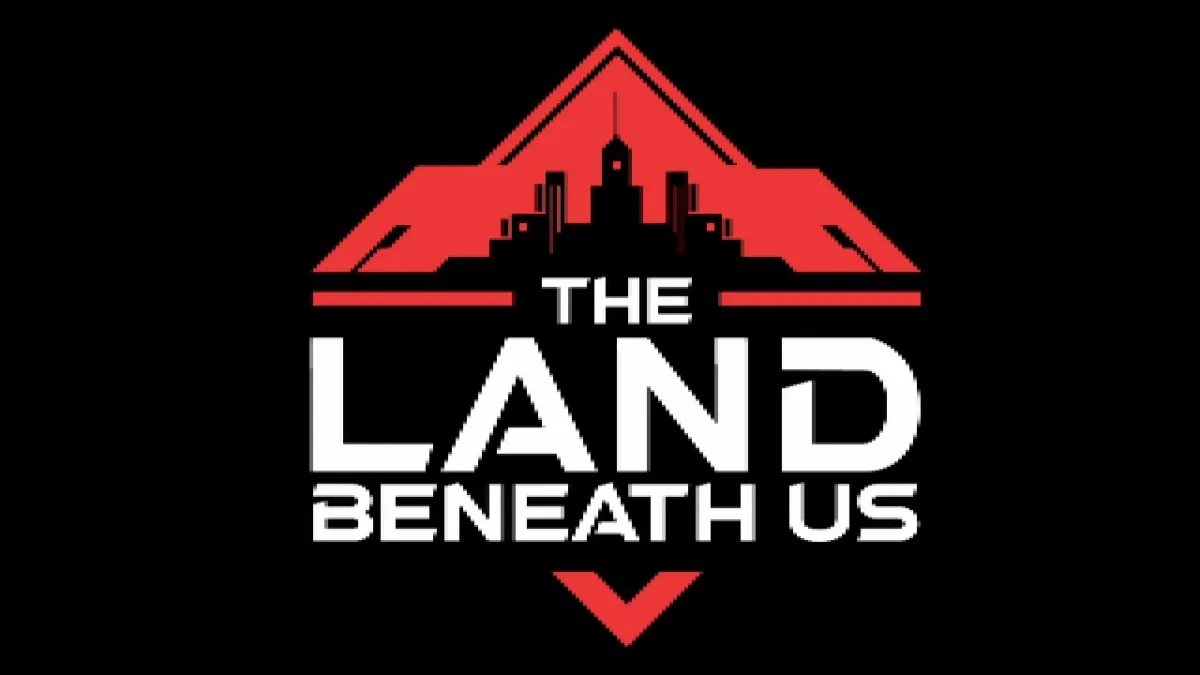
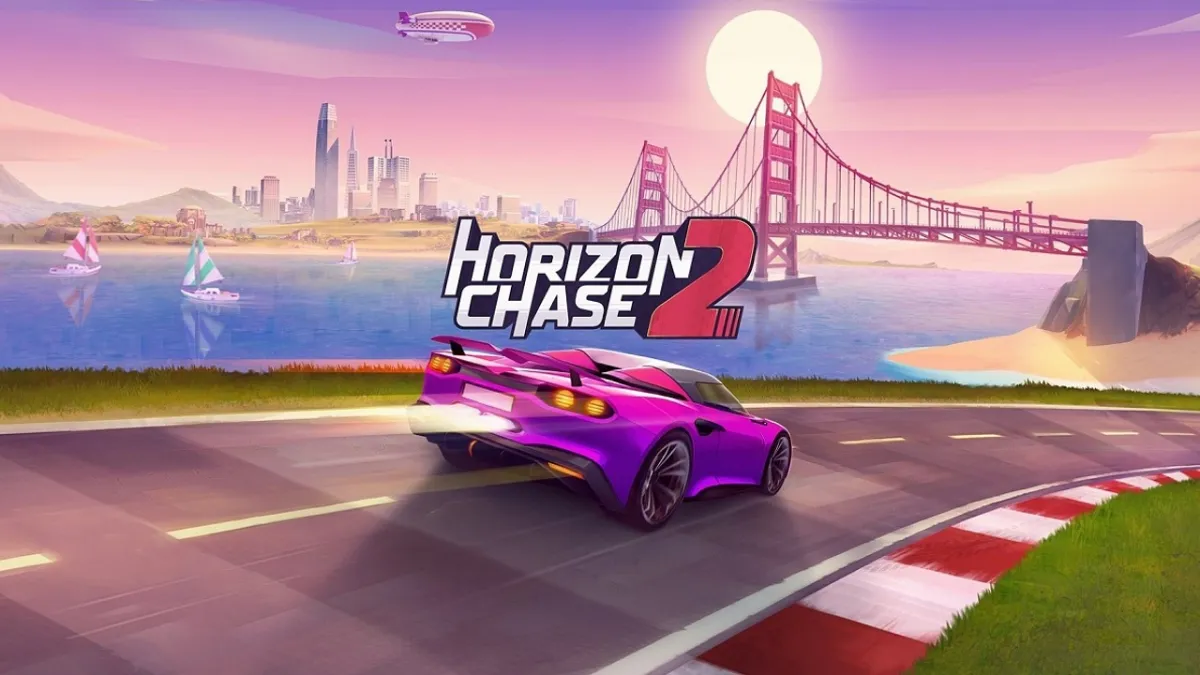
Published: Jul 15, 2013 04:07 am